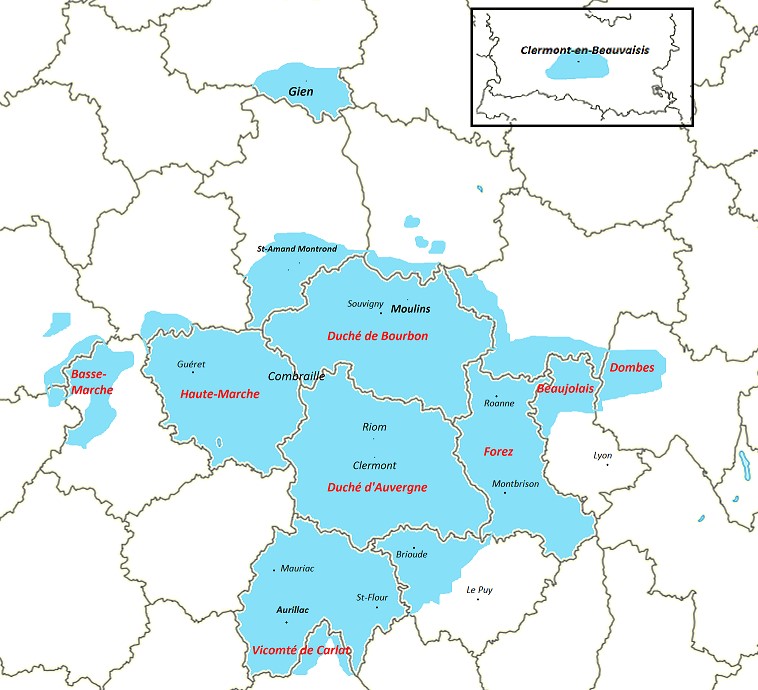
A minor Count, an opportune assignment during an interregnum, creating a realm that would be the base for his nation's future and provide briefly the most powerful city in the world in the 20th century.
Story in the evening ...
Story in the evening ...
https://twitter.com/Arby_K/status/1329298737298952193
Albrecht von Ballenstedt was born around 1100 to Otto the Rich, Count of Ballenstedt, and his wife Eilika. His mother's family had ruled Saxony as Dukes since 973, till 1106 when the last Duke, Albrecht's grandfather, died leaving behind two daughters. 1/10 

In 1125, when Emperor Heinrich died ending the Salian dynasty, it was the new Duke of Saxony, Lothar von Süpplingenburg, who got elected as King and later Emperor. Lothar would assign Albrecht as the Margrave of the Northern March (Nordmark). 2/10 

Albrecht maintained good relation with Pribislav, a Slavic prince, who ruled outside German border. Pribislav would name Albrecht his heir and after a brief war with another contender, Albrecht would combine the Slavic region with his own and create the March of Brandenburg. 3/10 

In 1138, he would gain the Duchy of Saxony briefly as well. After Emperor Lothar died, a cousin of the last Salian Emperor would be elected King, establishing the Hohenstaufen dynasty. Lothar's successor in Saxony would rebel against the new king and find himself deposed. 4/10 

Albrecht would rule Saxony from 1138 to 1142 before the deposed Duke's son, Heinrich der Löwe, would reconcile with the Hohenstaufens and retake Saxony. Heinrich was also Emperor Lothar's grandson and would try to rebel against the Empire intermittently. 5/10 

It was perhaps around this time that Albrecht became the Arch Chamberlain of the Empire, a role that would give the Margrave of Brandenburg a seat in the Electoral College of the Holy Roman Empire, after 1356 as one of the seven Prince-Electors. 6/10 

In 1170, when Albrecht died, his territories would be divided amongst his six sons. The eldest would get Brandenburg, while the youngest would end up getting Saxony in 1180, after Heinrich der Löwe is finally deposed for his rebellions. 7/10 

By the time Golden Bull of 1356 was issued, the Brandenburg line had died out, but Albrecht's family would get a seat via Saxony. The Saxon line would also die out with the electoral dignity passing to the Wettin. Only the Anhalt line currently survives. 8/10 

The Anhalt line, coming from the youngest son of Albrecht who also ruled Saxony, would also produce one of the better known rulers in Europe, Princess Sophie of Anhalt-Zerbst, who would seize the throne of Russia from her husband and rule as Empress Catherine II. 9/10 

The March of Brandenburg would eventually fall to the Hohenzollerns, who are descended from Albrecht in the female line. Brandenburg and its capital, Berlin, a city founded by Albrecht's family, would play a crucial role in the formation of present day Germany. 10/10 

• • •
Missing some Tweet in this thread? You can try to
force a refresh














